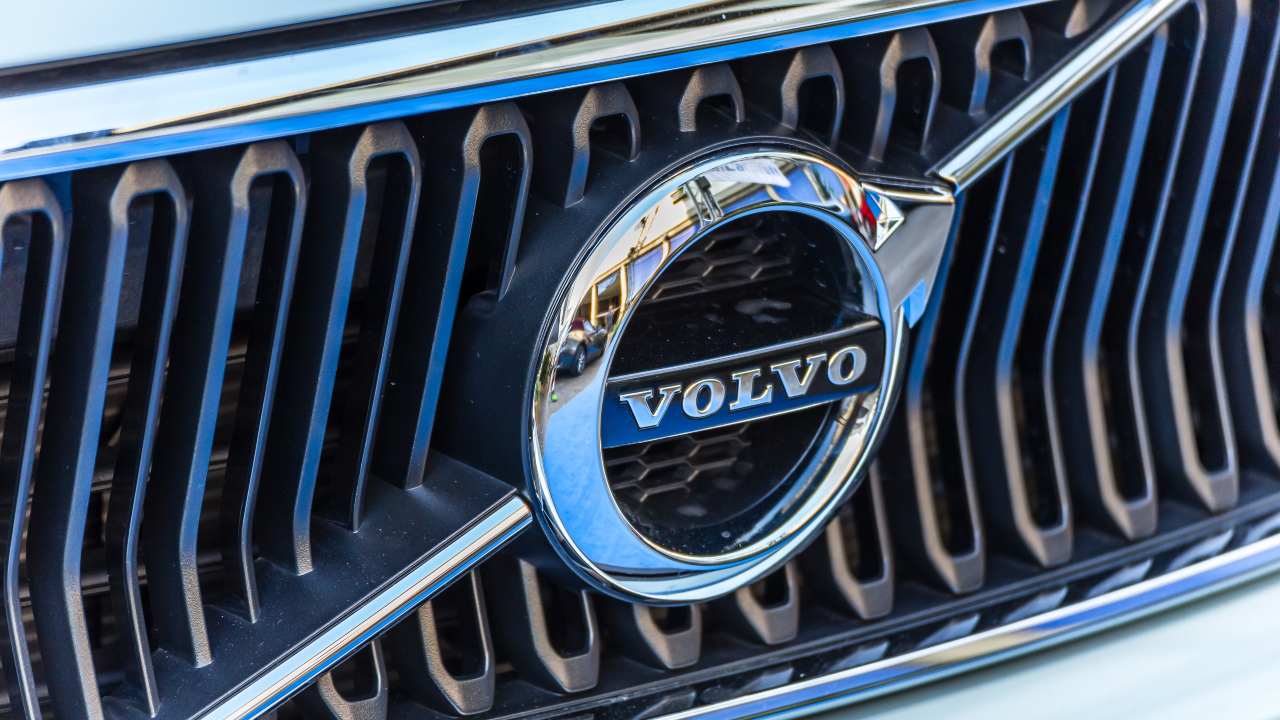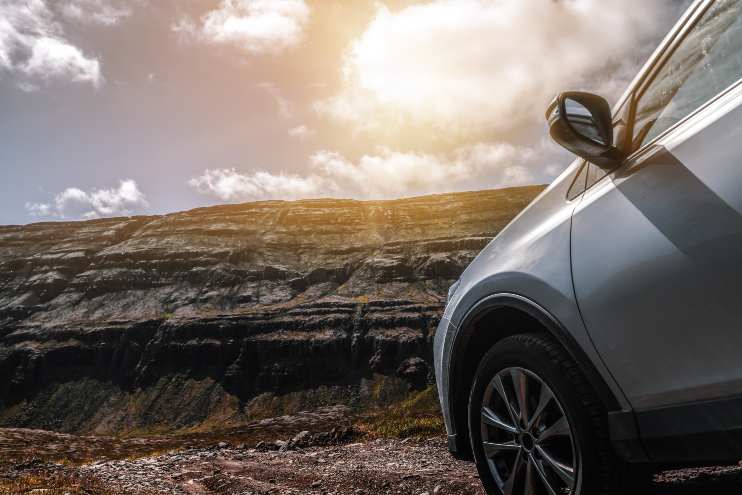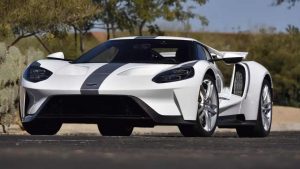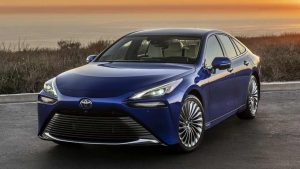Volvo’s bold move: Phasing out diesel-powered cars by 2024

Volvo, a prominent automaker, has joined the race towards an all-electric future by announcing its intention to discontinue the production of diesel-powered passenger cars by 2024.
This decision aligns with Volvo’s commitment to becoming a completely carbon-neutral company by 2040. In this article, we delve into the implications of Volvo’s daring move and the broader context of the automotive industry’s shift towards electric vehicles (EVs).
Volvo, like several other major automakers, has set a target to transition significantly or entirely to electric vehicles by 2030. The company has been diligently working on its lineup of EVs, showcasing its dedication to environmental sustainability. To achieve its ambitious goal of carbon neutrality by 2040, Volvo recognized the need to expedite the transition away from internal combustion engines (ICE). While gradual reductions in ICE production were anticipated, Volvo’s decision regarding diesel cars came as a surprise.
During Climate Week NYC, Volvo made a groundbreaking announcement: the cessation of diesel-powered Volvo passenger car production by 2024. The company stated, “In a few months from now, the last diesel-powered Volvo car will have been built.” This decision follows Volvo’s earlier move to halt the development of new combustion engines in 2022, signaling a complete shift in its research and development focus away from ICE technology. Notably, this change primarily affects global products, as Volvo does not currently offer diesel passenger cars in the United States.
Leading the Charge
Volvo proudly claims to be the first “legacy automaker” to take such a decisive step towards eliminating diesel cars from its lineup. While Volvo sets an example, other automakers are also heading in the same direction. BMW, for instance, has committed to phasing out fossil-fuel engines by 2024, although this may exclude engines designed for biodiesel use. Mercedes-Benz, on the other hand, discontinued its diesel offerings in the American market in 2018, hinting at a potential discontinuation of diesel passenger car production by 2040 or earlier in larger markets.
Volvo’s decision to cease diesel production by 2024 signifies the end of a long lineage of diesel-powered cars dating back to the 1940s. Despite this extensive history, Volvo is resolutely focused on the electric future. Jim Rowan, Chief Executive at Volvo Cars, emphasized the advantages of electric powertrains, citing reduced noise, vibration, servicing costs, and zero tailpipe emissions. He stated, “We’re fully focused on creating a broad portfolio of premium, fully electric cars that deliver on everything our customers expect from a Volvo.” This transition marks a watershed moment for the automaker, especially considering that diesel-powered cars were once its European market stronghold just four years ago.

What this means…
Volvo’s bold move to discontinue diesel-powered passenger cars by 2024 underscores the automotive industry’s relentless pursuit of sustainability through electric vehicles. As the company shifts its focus entirely towards EVs, it paves the way for a cleaner and more environmentally responsible future, setting a precedent for other automakers to follow.





